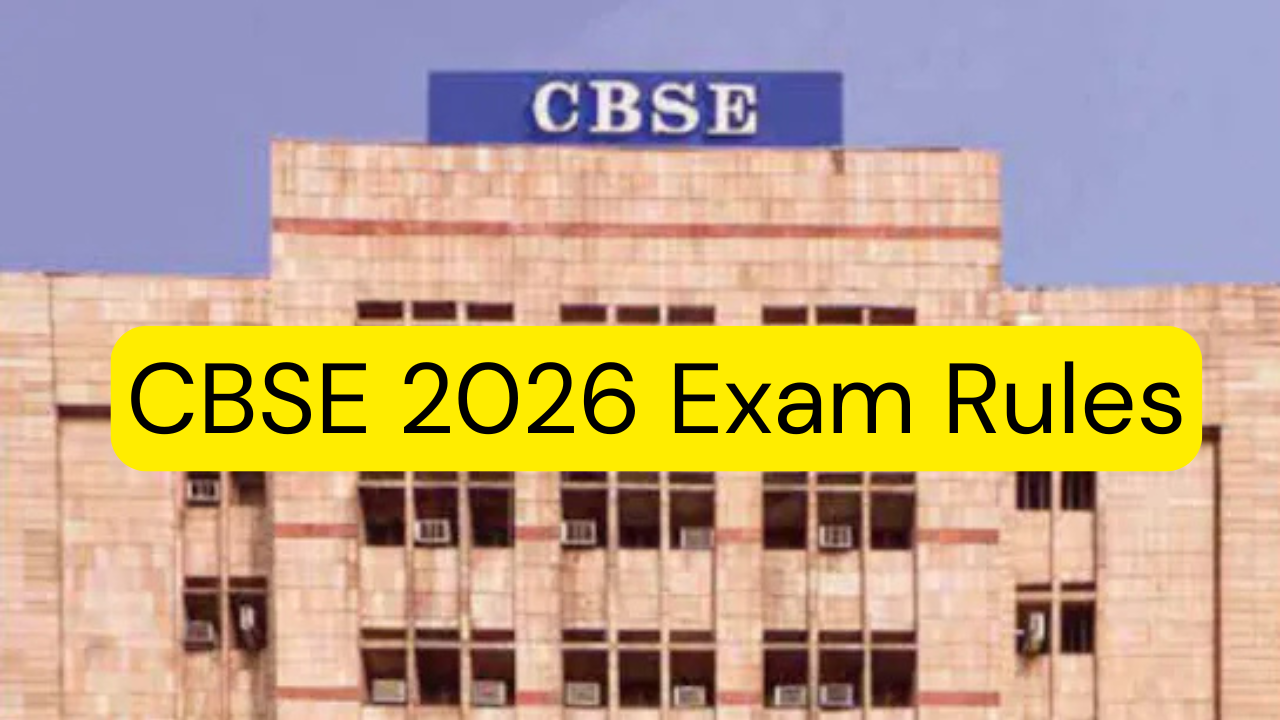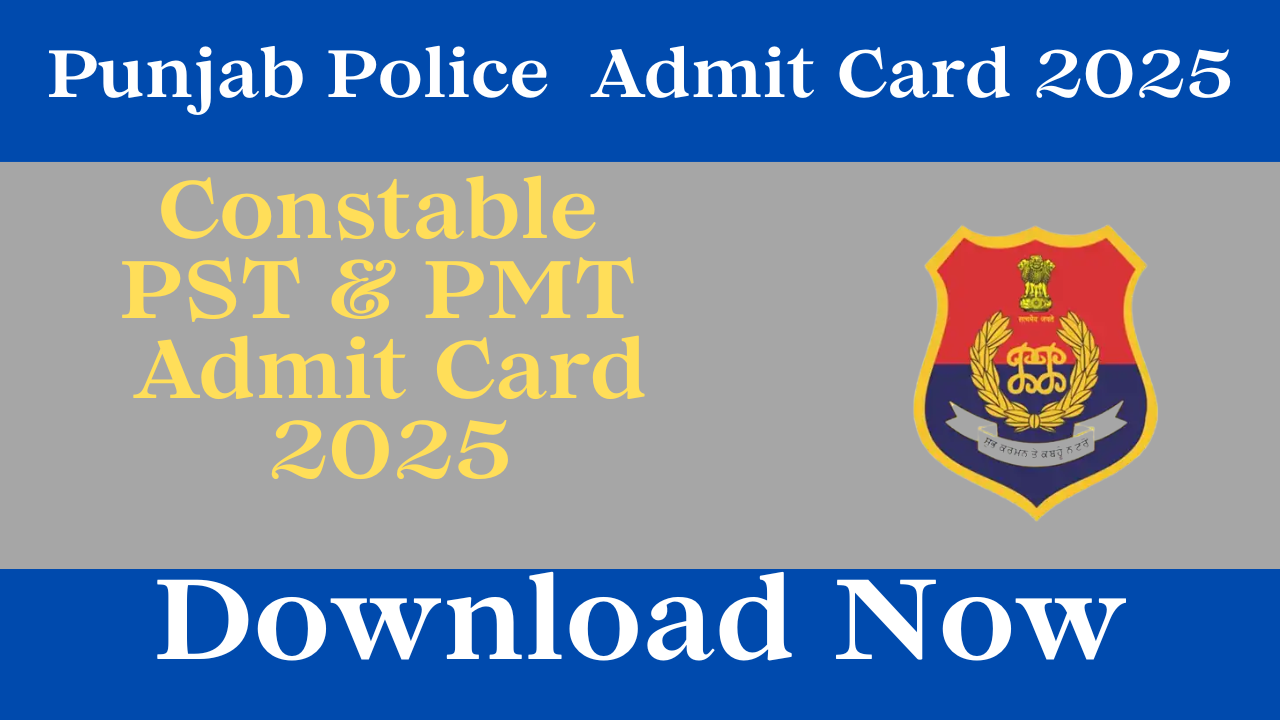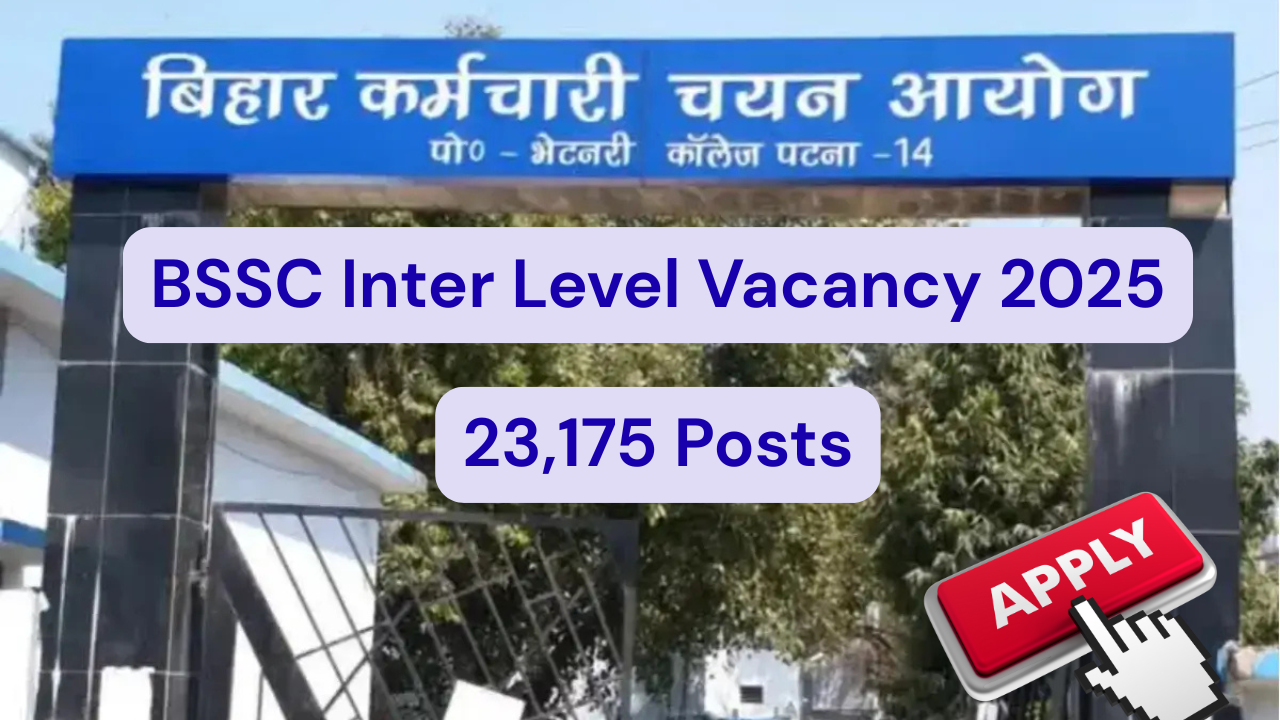CBSE 2026 Exam Rules: The Central Board of Secondary Education (CBSE) has rolled out sweeping reforms to the Class 10 and Class 12 board exams starting in the 2025–26 academic year, with the first exams under the new rules to be conducted in 2026. Inspired by the National Education Policy (NEP) 2020, these changes are designed to offer more flexibility, reduce exam stress, and ensure fair evaluation of students’ performance.
Below is an in-depth look at the new CBSE exam rules 2026, their implications for students, parents and teachers, and how to stay compliant.
What’s New in CBSE 2026 Exam Rules
1. Mandatory 75% Attendance
All students appearing for the 2026 CBSE Board Exams must maintain a minimum 75% attendance. Schools will monitor attendance closely, and students falling short will be disqualified unless supported by valid medical or official reasons.
2. Compulsory Internal Assessments
Internal assessments—including projects, practicals, and activities—will be mandatory for Classes 10 and 12. These assessments must be completed before the February exam window.
3. Strict Registration via Pariksha Sangam Portal
Candidate registration will be done only through the Pariksha Sangam portal. Schools must verify data carefully; additions or changes after the first exam’s List of Candidates (LOC) will not be permitted.
4. Two Years of Study Requirement
Students must complete two years of study in Classes 9–10 or 11–12 to be eligible for the board exams.
Two Board Exam Windows
- Main Exam (February): Mid-February, full syllabus.
- Second Exam (May): Improvement or compartment exams for those who failed in one or two subjects or want to improve scores.
Both exams will have the same syllabus, pattern, and marking scheme.
Result Timeline & Certificates
- February exam results will be declared in April; May exam results in June.
- Performance Document will be uploaded to DigiLocker after the February exam for provisional admissions into Class XI.
- Final mark sheets and passing certificates will be issued only after the second exam, based on the best performance across the two windows.
- Merit certificates will rely on the student’s highest score.
Who Can Take the Second Exam?
- Improvement Candidates: Students who passed but want better scores in up to three subjects.
- Compartment Candidates: Students who failed in one or two subjects.
- Special Cases: Sports participants or students from winter-bound schools.
Students who miss three or more subjects in the February exam will be marked “Essential Repeat” and must wait until the following year.
Impact on Schools, Teachers, and Parents
- Teachers will need to distribute lessons across the year and guide students on whether to reappear in May.
- Parents should support consistent study habits rather than one-time cramming.
- Schools must ensure high-resolution CCTV with audio-visual recording at key locations as per updated affiliation norms.
Tips for Students Under the New Rules
- Maintain regular attendance to meet the 75% requirement.
- Finish projects and practicals well before February.
- Plan revision for both exams; treat the May window as a safety net.
- Use sample papers and marking schemes available on cbse.gov.in.
- Track all announcements through your school and the Pariksha Sangam portal.
Balancing Rigour with Flexibility
The CBSE 2026 exam reforms replace the single high-stakes test with a two-window approach. If implemented properly, this model can lower stress, give students more control over their academic performance, and encourage year-round learning rather than last-minute cramming.
Parents, teachers and students who adapt early—by planning lessons, completing internal assessments on time, and monitoring attendance—will be best positioned to benefit from the new system.
Final Word
The CBSE 2026 Board Exam Rules mark a major shift in Indian school education. With mandatory 75% attendance, compulsory internal assessments, strict registration on Pariksha Sangam, and two exam windows, the board aims to align with NEP 2020 and strengthen academic integrity.
By understanding and following these rules, students can approach the 2026 CBSE exams with confidence and less stress.









